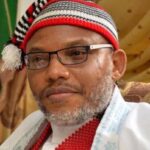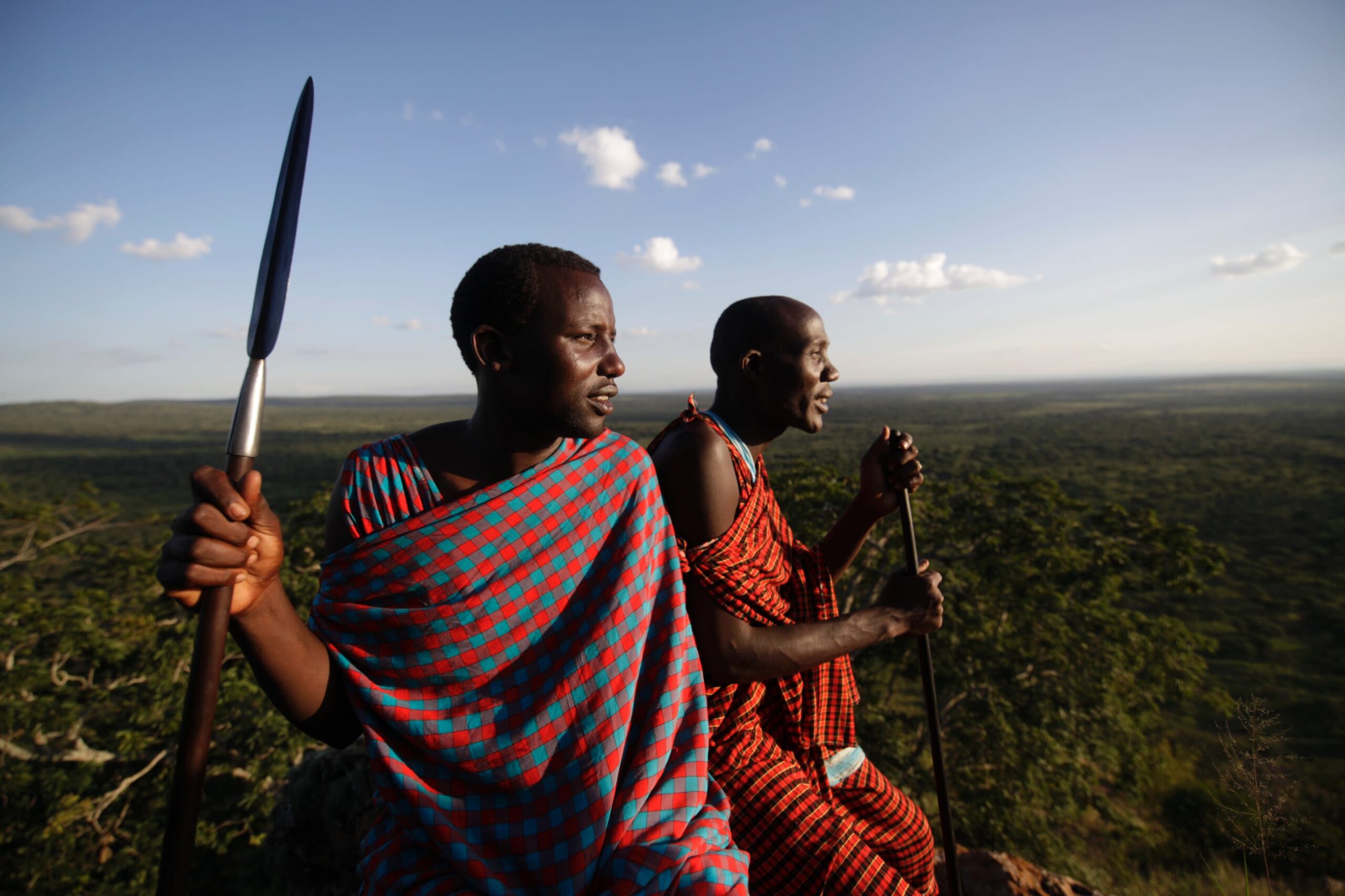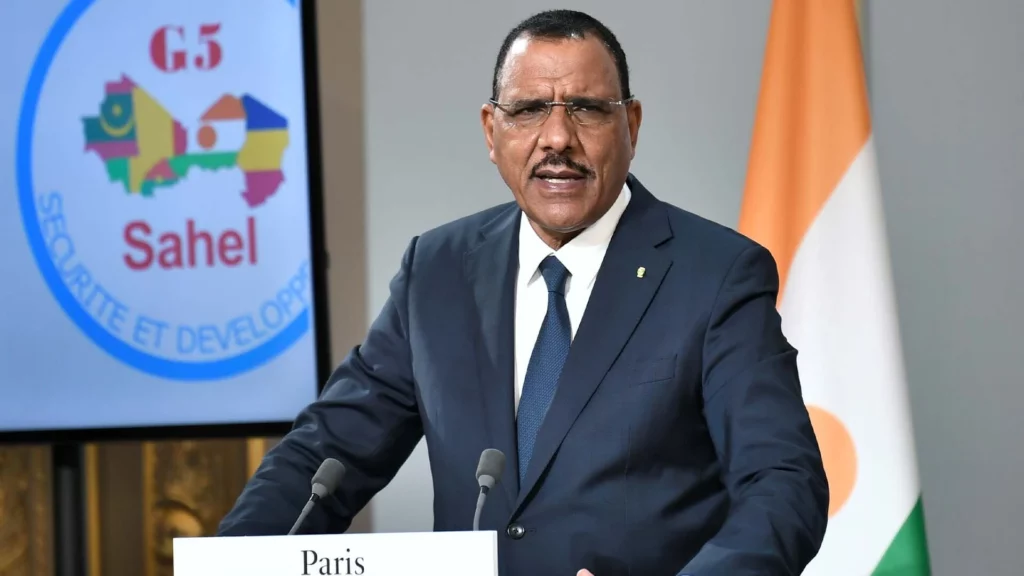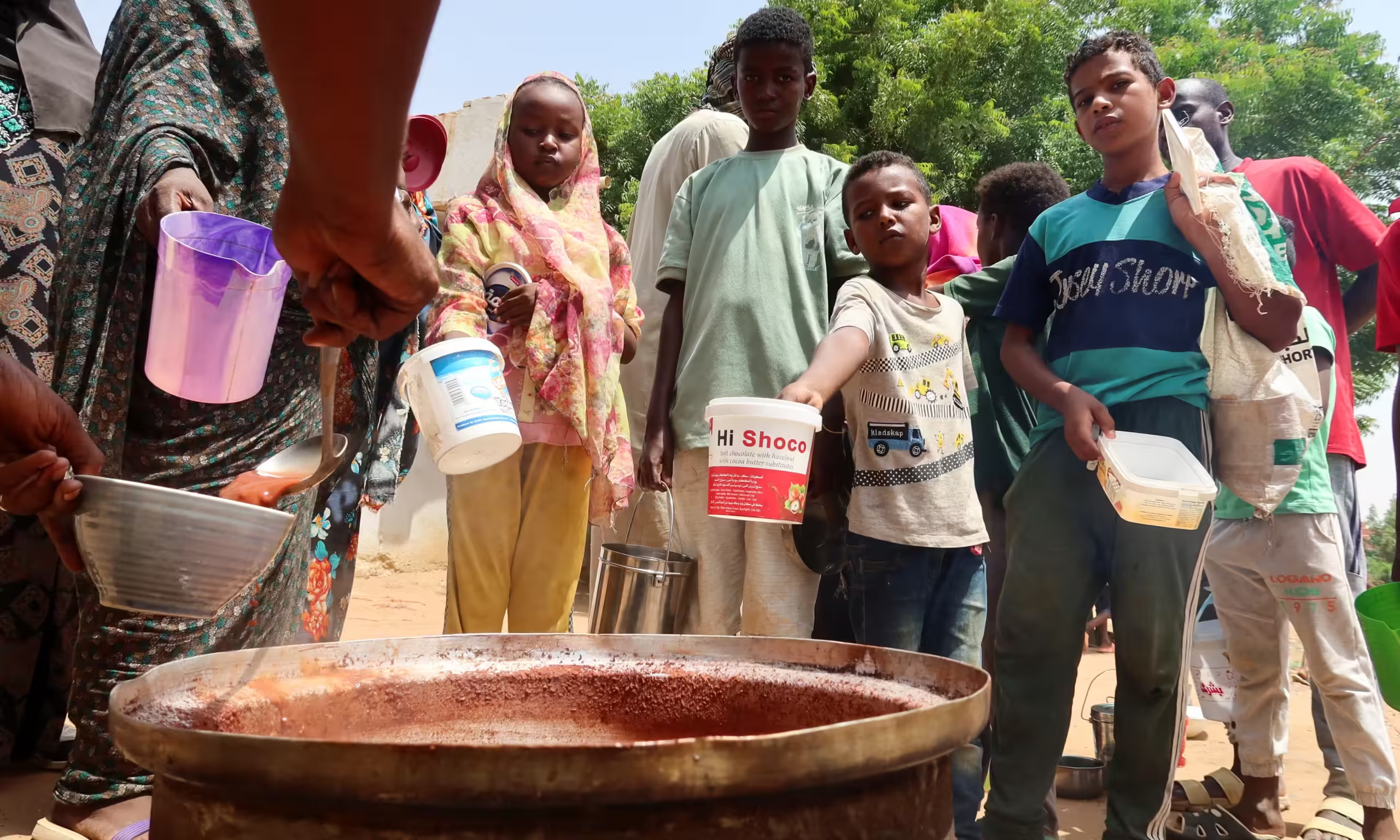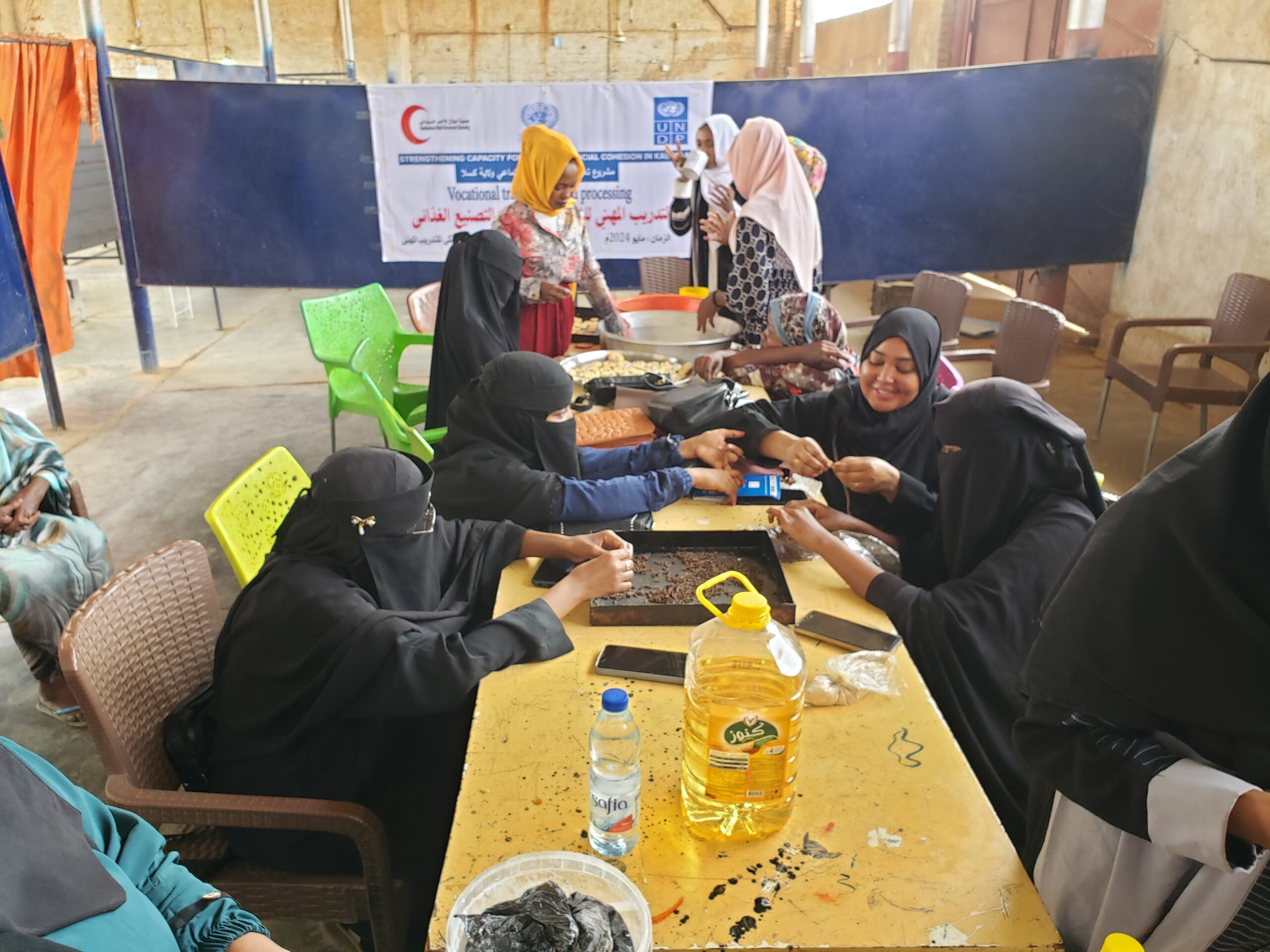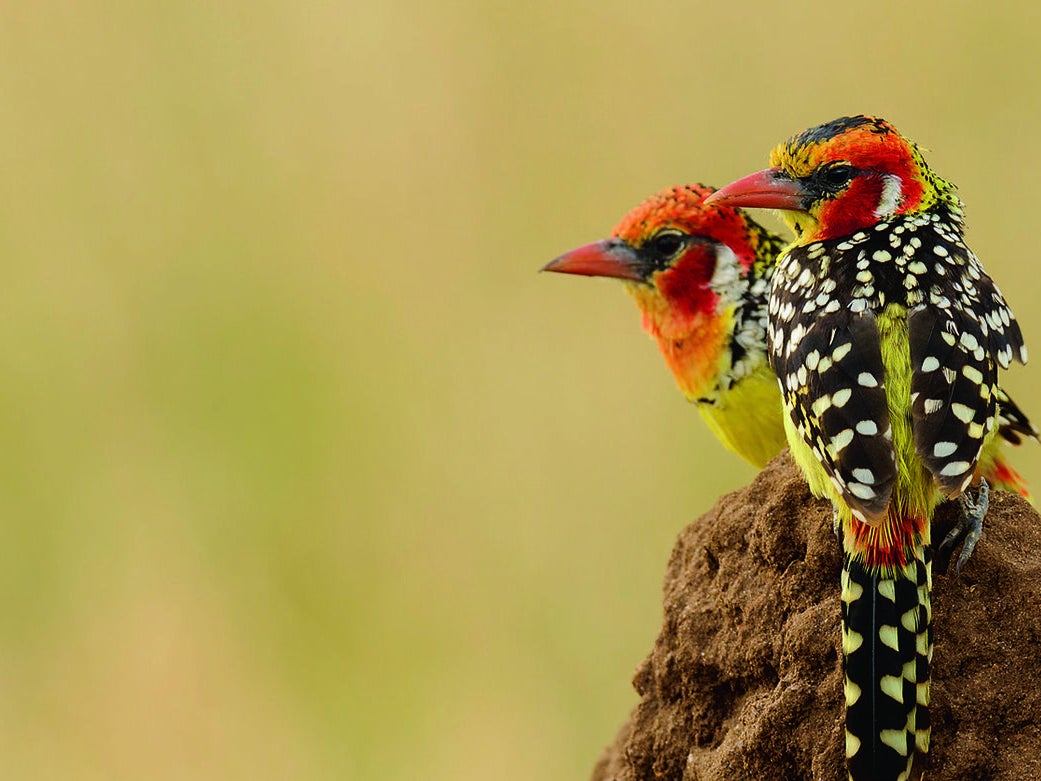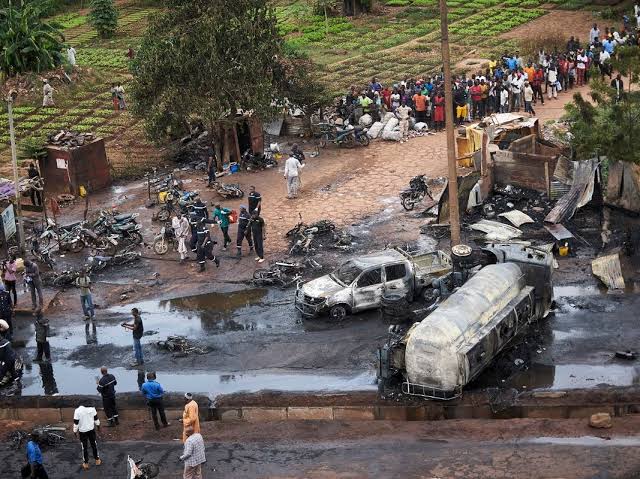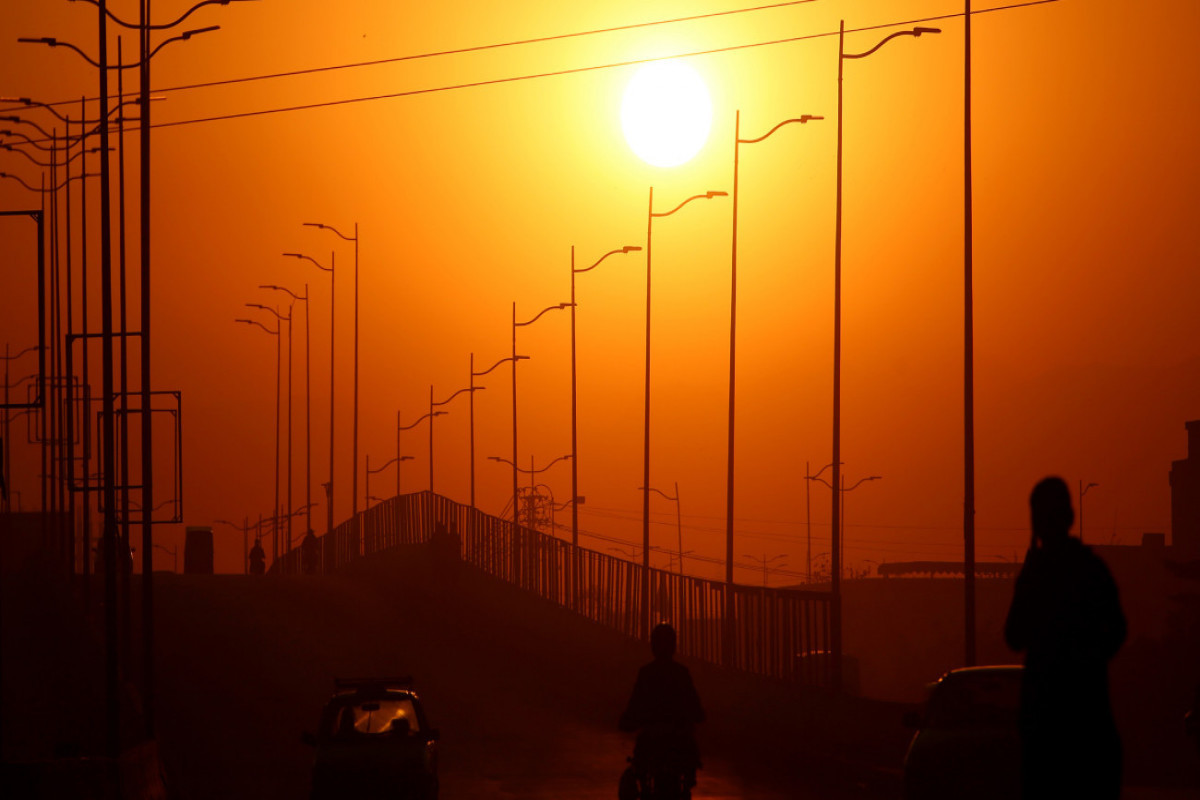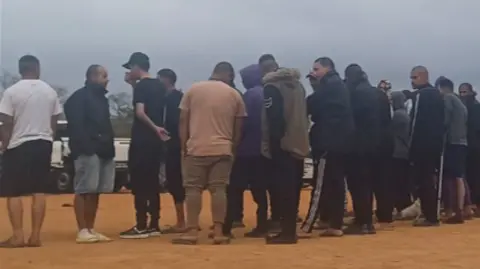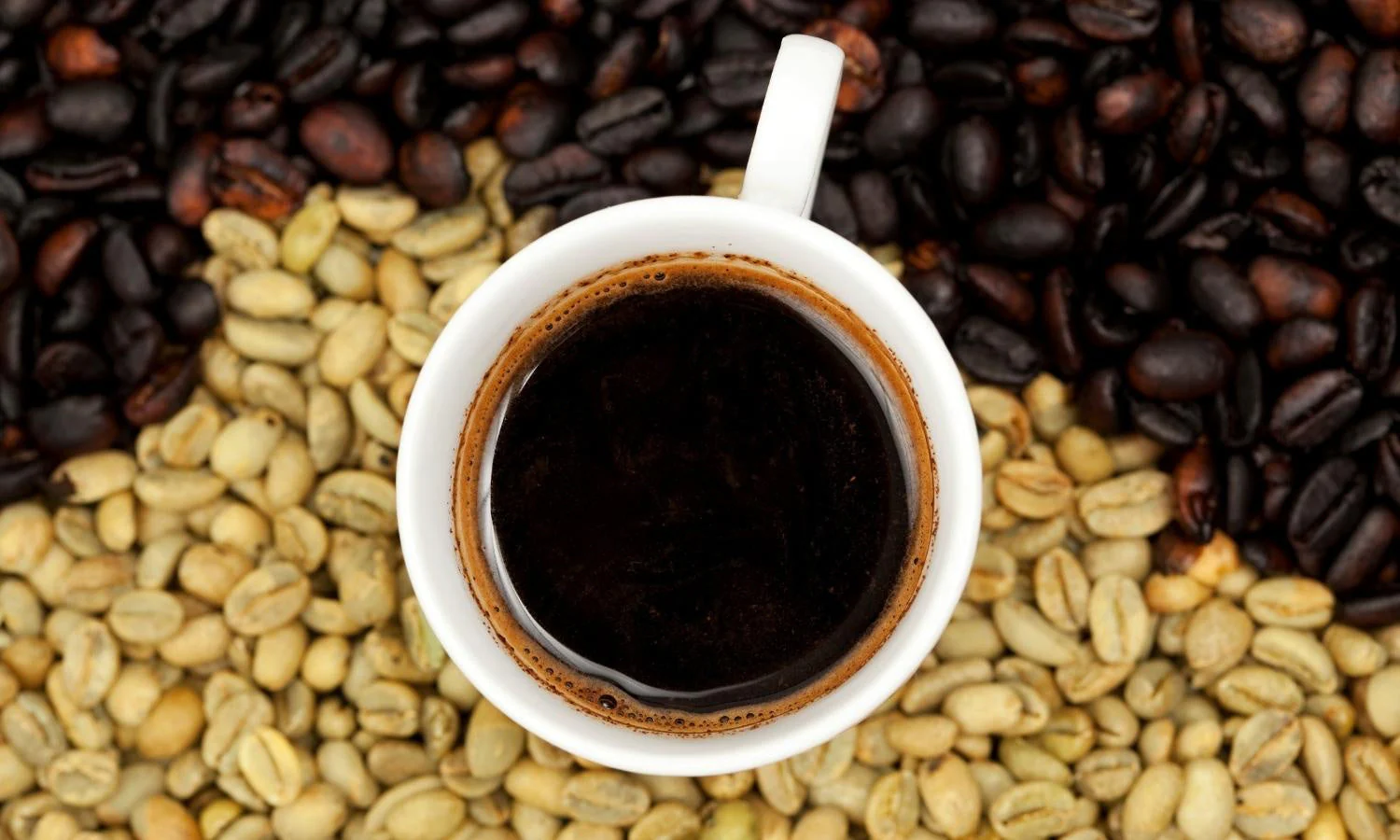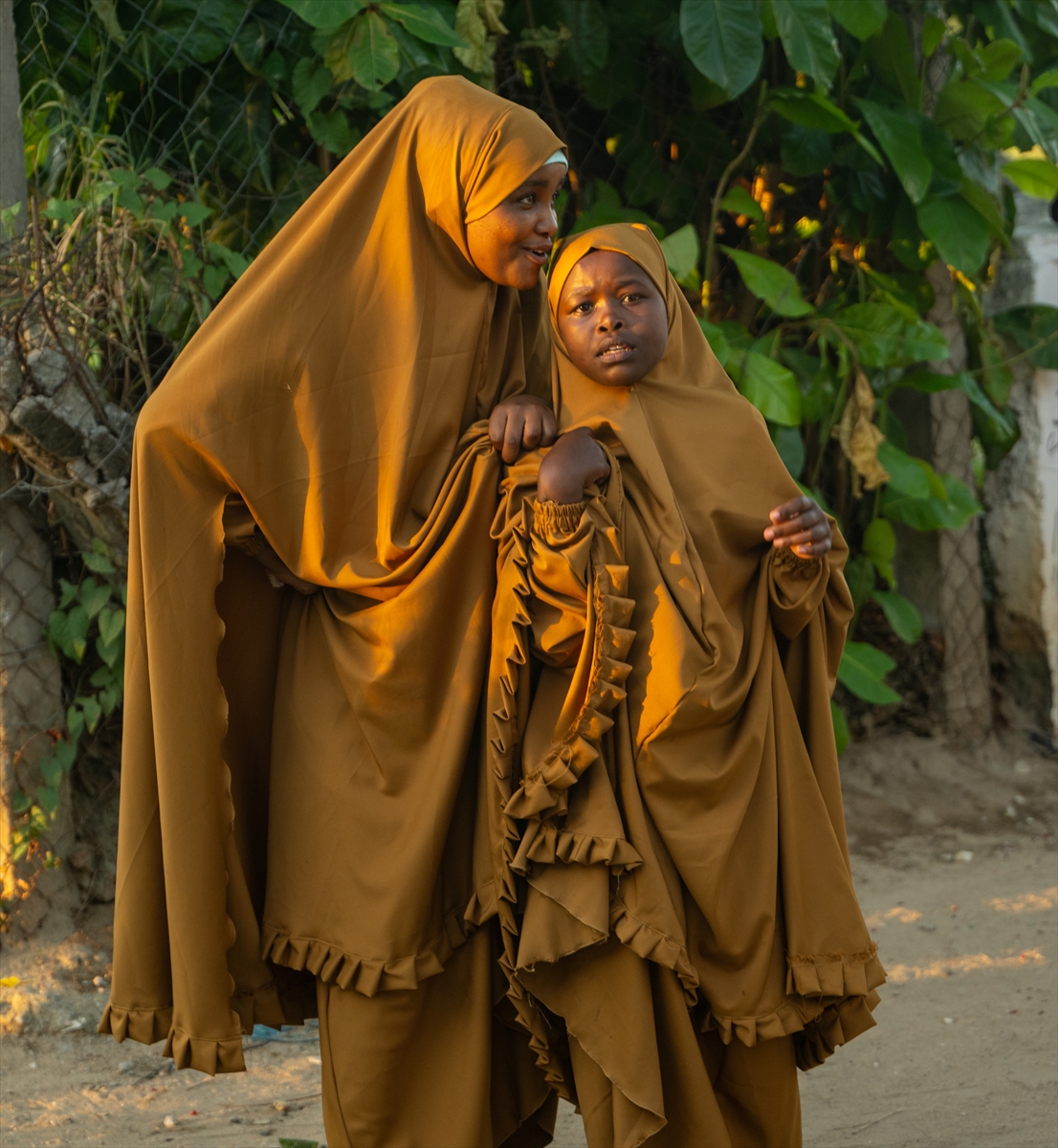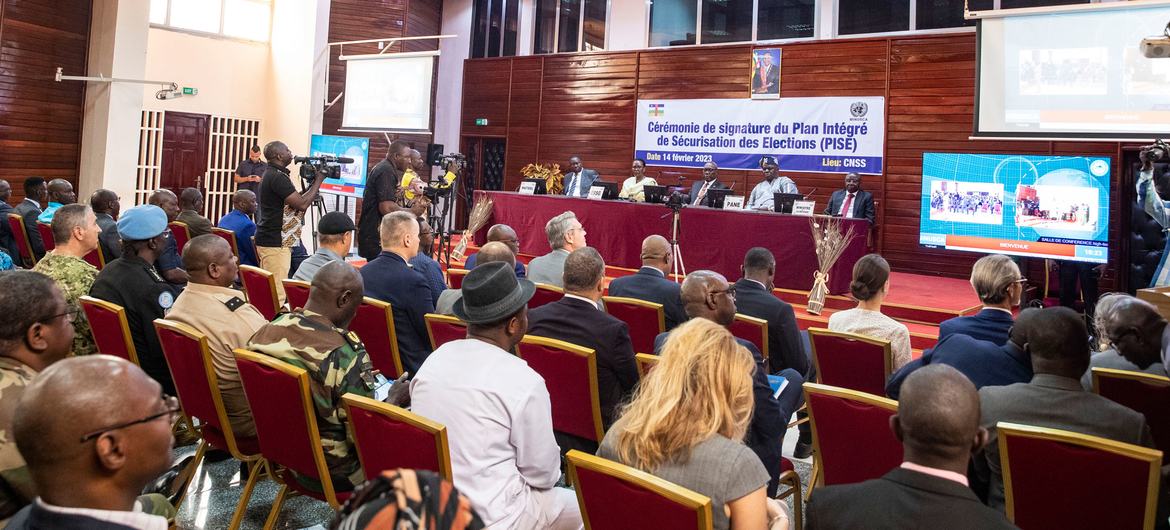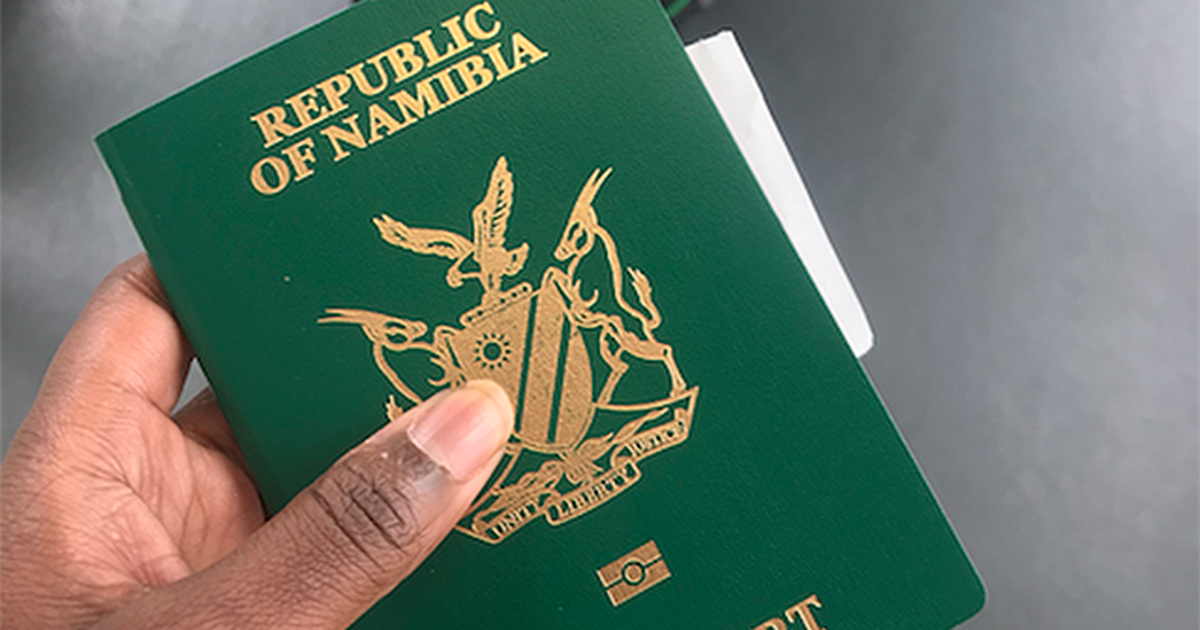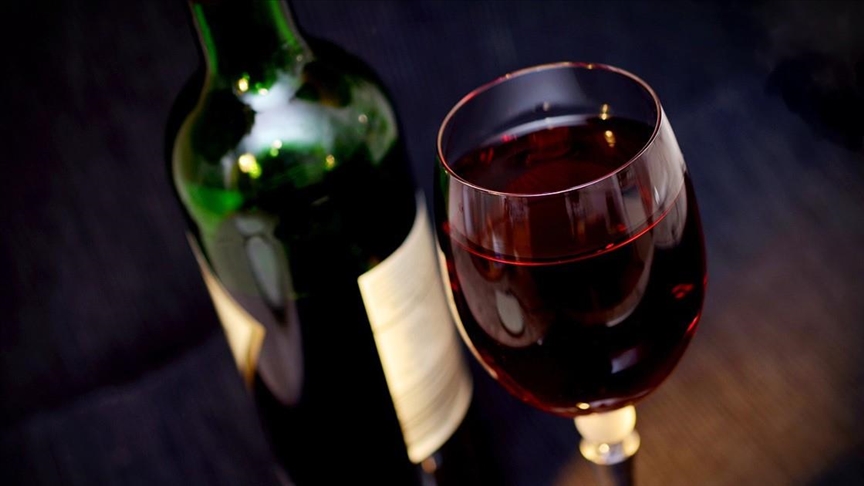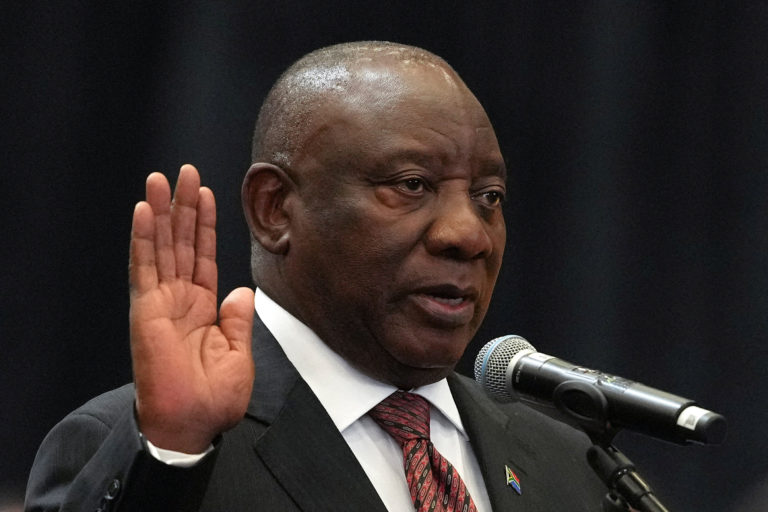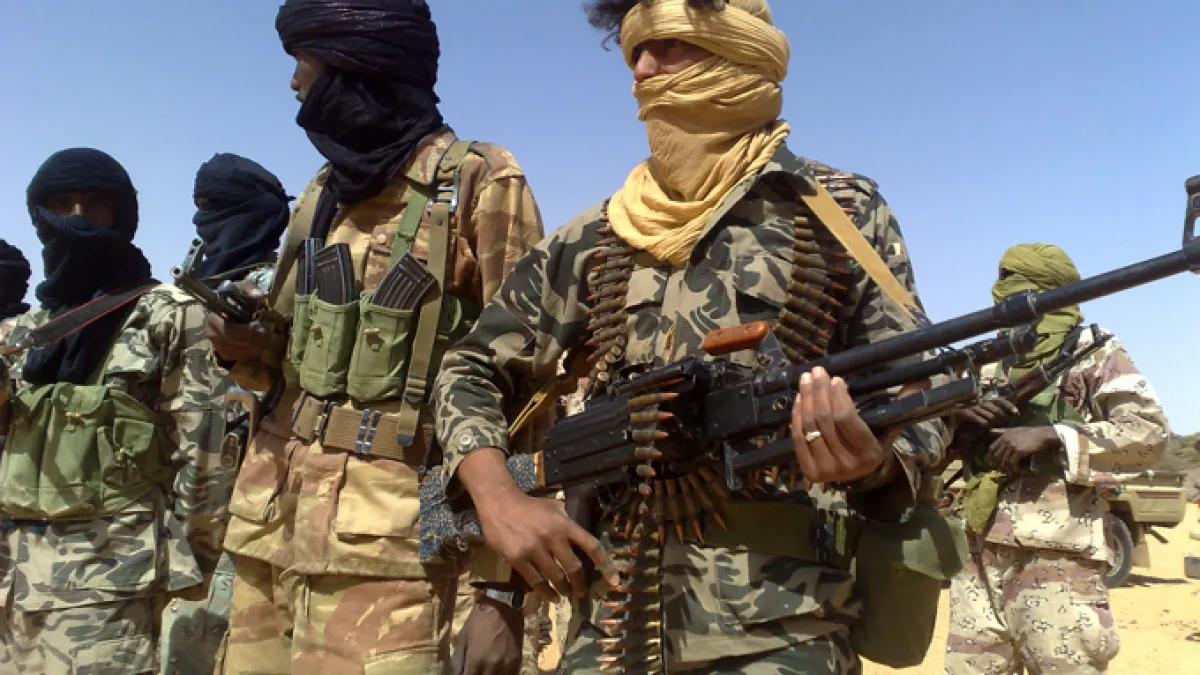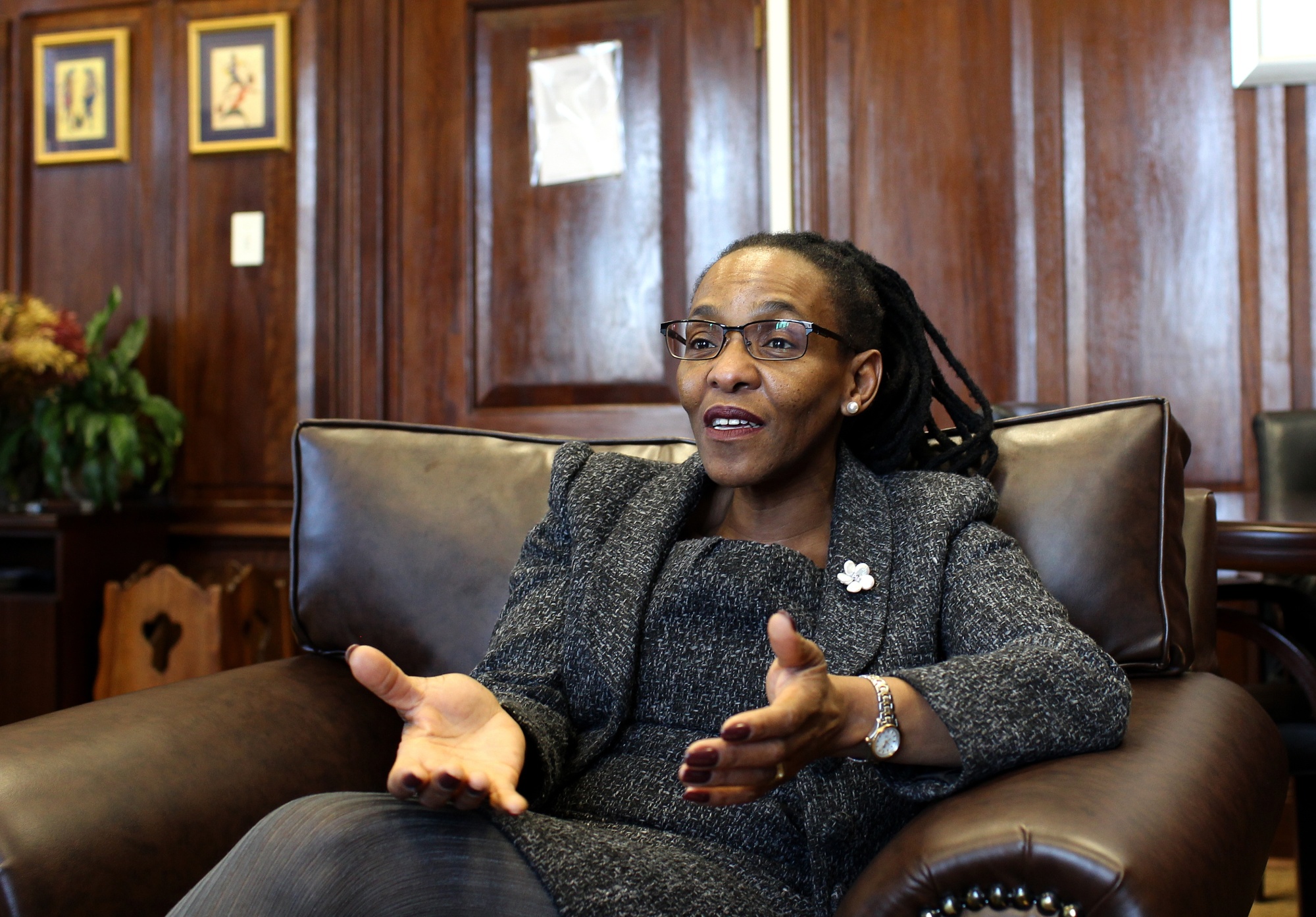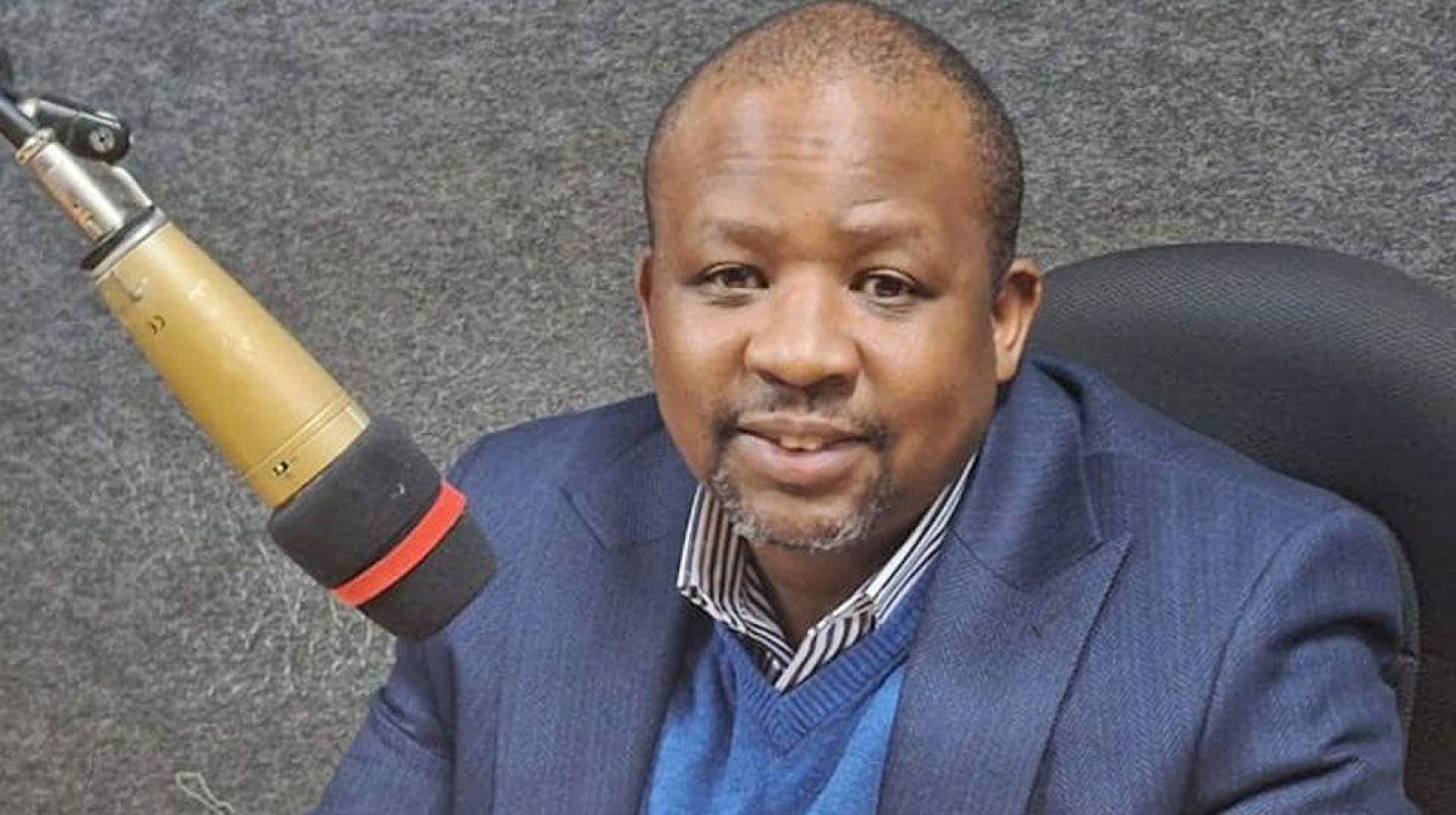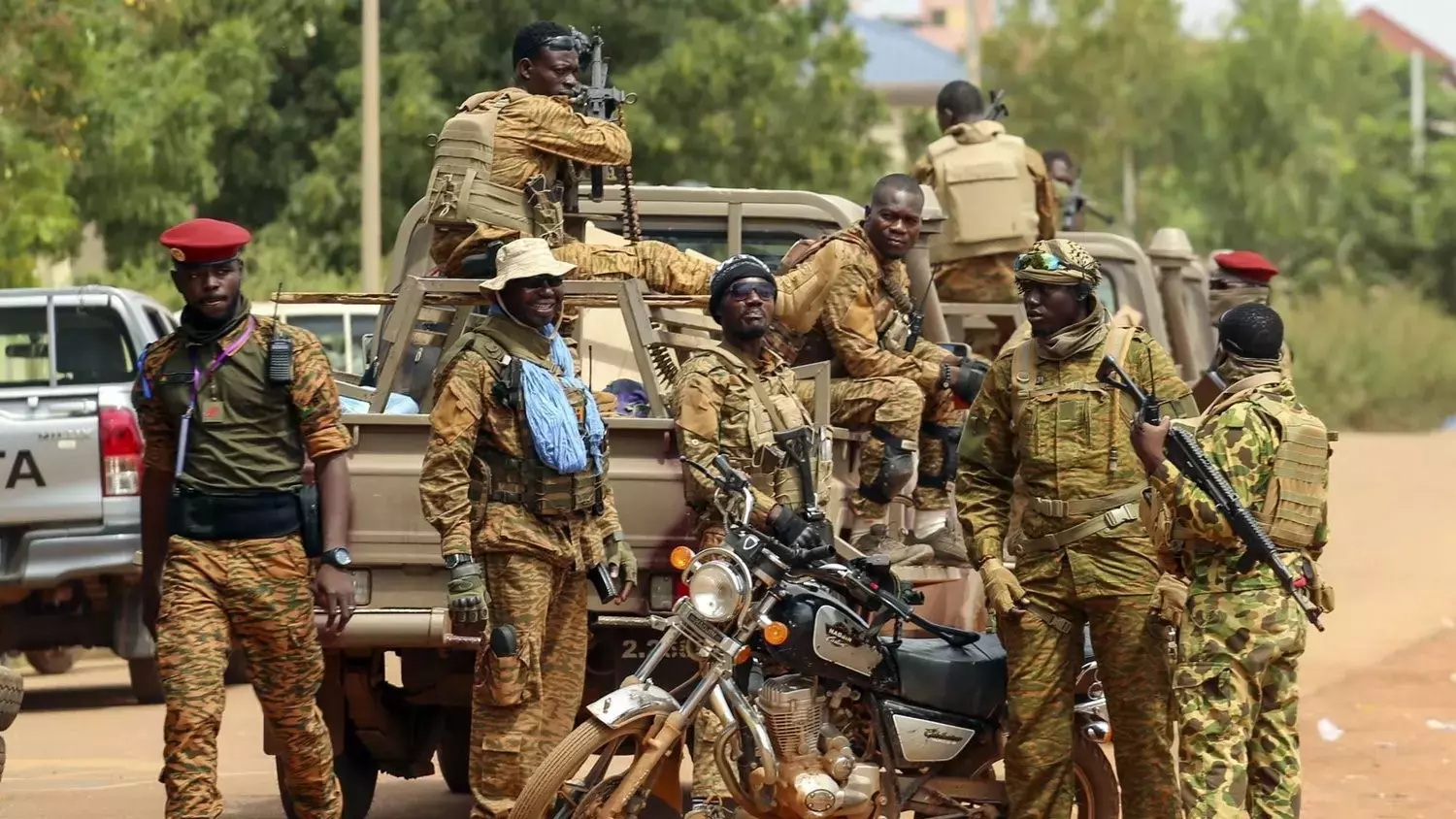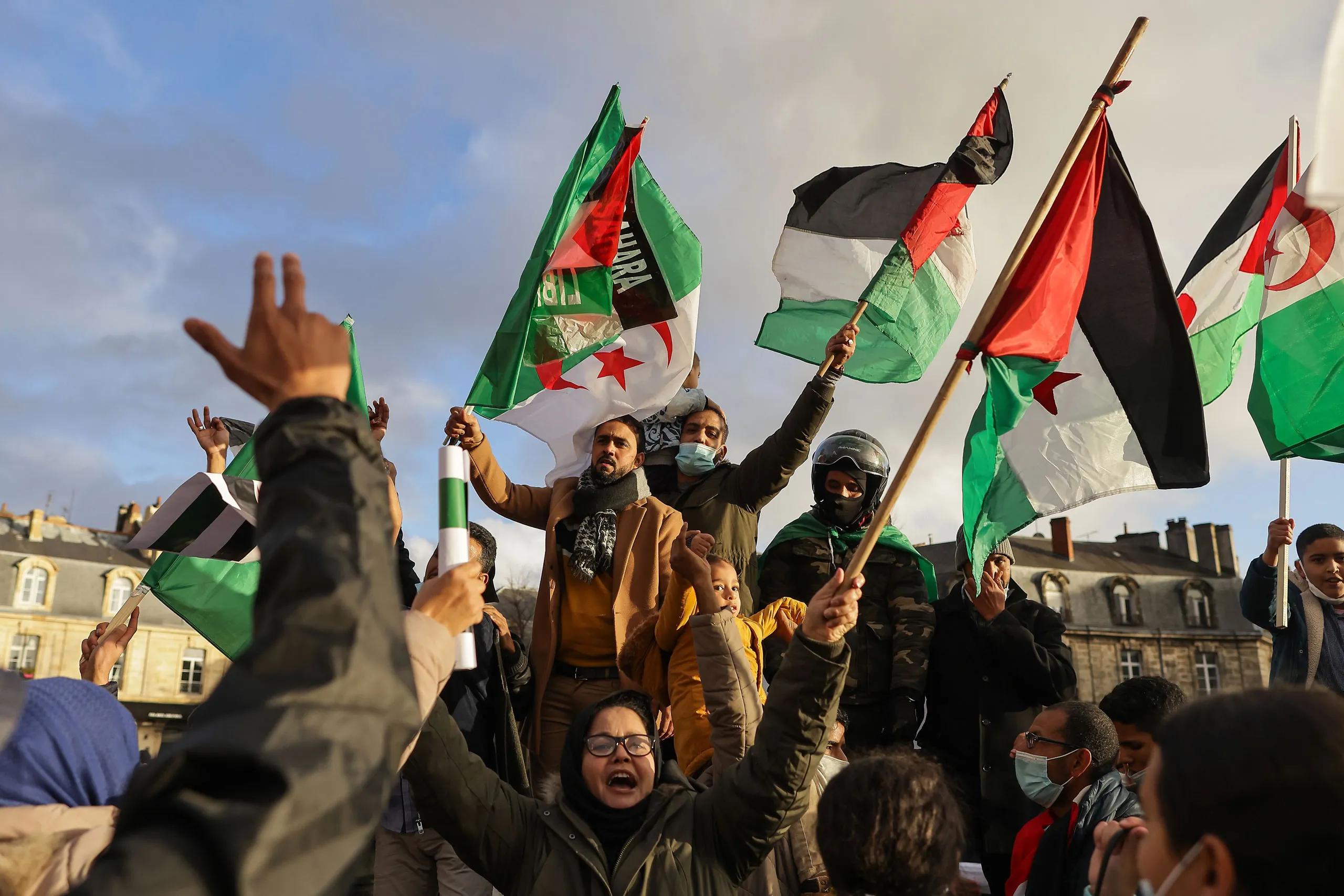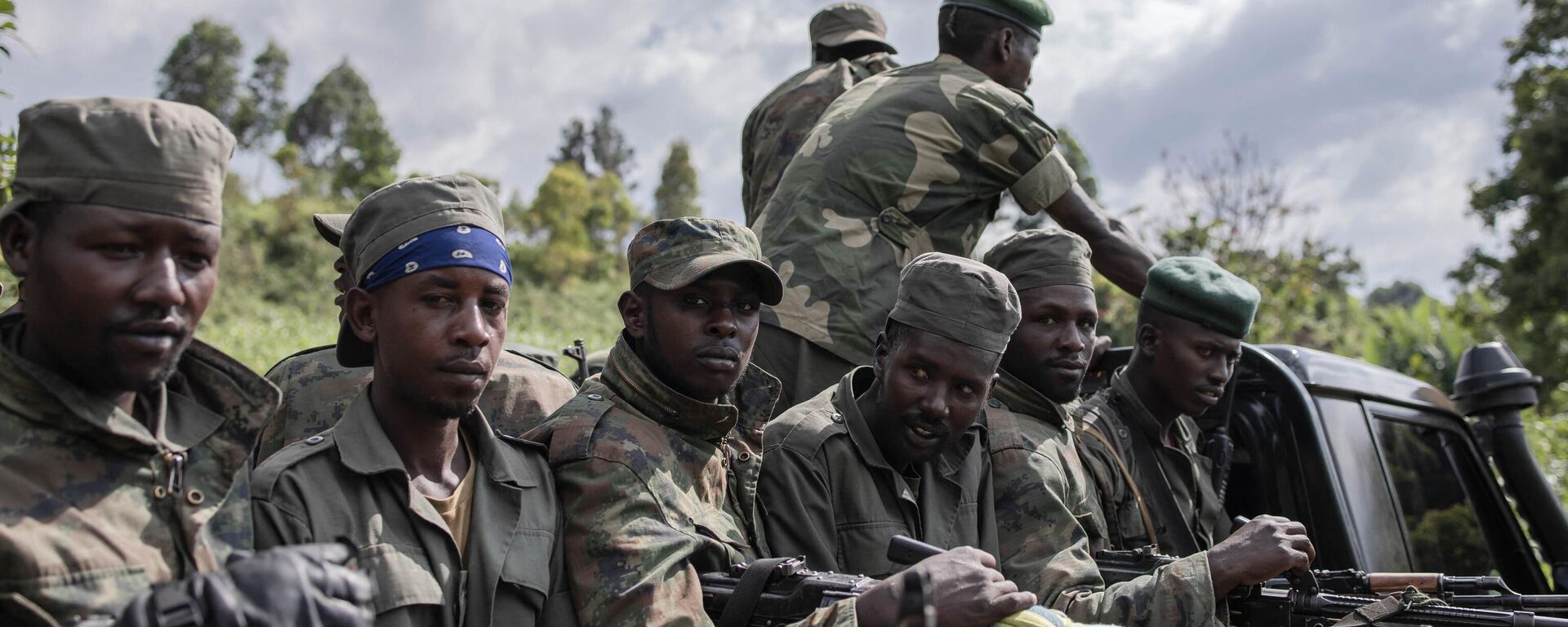Burhan-controlled army hampers famine relief efforts in Sudan
Sudan is on the brink of famine, with general Burhan-controlled SAF blocking the UN from delivering food through a crucial border crossing, a report revealed. This has cut off aid to hundreds of thousands during a severe civil war. Experts fear a catastrophic famine unless immediate action is taken. After 15 months of conflict, Sudan is nearing one of the worst famines in decades. Burhan-controlled SAF’s blockade prevents essential UN aid, risking up to 2.5 million deaths by year’s end. Darfur, particularly, is at high risk, with eight of 14 famine-threatened districts. The closed Adré border crossing from Chad to Sudan is critical for aid delivery. Despite the flow of refugees and goods, UN food trucks are banned, leaving 440,000 people in Darfur on the edge of starvation. Refugees cite hunger as their primary reason for fleeing. Burhan forces claim the blockade prevents weapon smuggling, yet arms and rival forces still cross the border. Though the rival army, Rapid Support Forces, controls the Sudanese side of Adré and the UN respects the army’s edict. However, this forces aid trucks on a perilous, lengthy detour to Tine. The detour, dangerous and inefficient, is significantly delaying aid. Since February, only a fraction of the needed aid has reached Darfur, with seasonal rains further complicating delivery. The US, the largest donor, deems the blockade unacceptable, stressing the urgent need to lift it to prevent mass starvation.
Maasai culture: Distinctive customs and warrior traditions
The Maasai people of Kenya and Tanzania are renowned worldwide for their distinctive customs
Abiy Ahmed visits site of Ethiopia’s deadliest landslide disaster
Abiy Ahmed, accompanied by his wife and other leaders, visited Kencho Shacha Gozdi, a village devastated by a landslide that claimed over 250 lives.
UNRWA: 200 UNRWA workers killed in Gaza
Nearly 200 UNRWA workers have been killed in Gaza since the start of Israel’s ongoing offensive on Oct. 7, 2023, the head of the UN agency for Palestinian refugees said on Saturday. “When the war in Gaza started nearly 10 months ago, no one thought we will reach this grim milestone. Nearly 200 UNRWA team members have been killed in Gaza,” Philippe Lazzarini said in a statement on X. “These are not numbers, these are our colleagues and our friends,” said Lazzarini, noting that “this is by far the largest loss of personnel killed in a single conflict or natural disaster since the creation of the United Nations – a reality the world must never accept.” Lazzarini reiterated “the call of the UN Secretary General for a full accountability for each and every one of these deaths.” Israel has continued its brutal offensive on Gaza since an Oct. 7 attack by Hamas. More than 39,000 Palestinians have since been killed, mostly women and children. Vast tracts of Gaza lie in ruins amid a crippling blockade of food, clean water and medicine. Israel is accused of genocide at the International Court of Justice for its actions in Gaza.
Mohamed Bazoum remains defiant despite detention
A year ago, Mohamed Bazoum was ousted in a military coup led by General Tiani, who seized control of Niger with army backing. Since then, the military has entrenched its authority by curbing freedoms, suspending political parties, and silencing dissent. There is no set timeline for restoring civilian rule, and Niger has distanced itself from Western allies while aligning more closely with Russia. Bazoum and his wife, Hadiza, have been under detention at the presidential residence since October, cut off from the outside world except for regular visits from his doctor. He has no phone and is under constant guard, with his doctor bringing him food and books. Despite these harsh conditions, Bazoum remains resolute in refusing to resign. A former philosophy professor, he finds solace in reading extensively, from classic authors like Shakespeare and Tolstoy to contemporary figures like Romain Gary. He also reads political texts, including Dominique Moïsi’s “The Triumph of Emotions.” Even after a bout of malaria weakened him in the spring, Bazoum remains determined. He refuses to step down, despite the recent lifting of his presidential immunity, which could lead to a trial.
Tshisekedi criticizes Ruto on Nairobi process
DRC President Félix Tshisekedi has criticized Kenyan President William Ruto for mishandling the Nairobi Process, which was intended to facilitate dialogue with armed groups in eastern DRC. Tshisekedi accused Ruto of aligning with Rwanda, which he believes has stalled the initiative. The Nairobi Process, originally launched by former Kenyan President Uhuru Kenyatta, aimed to support disarmament and demobilization. Despite several meeting cycles, progress has stalled since the third round in December 2023. Tshisekedi’s criticism highlights the growing tensions between the DRC and Kenya. Kinshasa has previously expressed dissatisfaction with the East African Community (EAC) force’s handling of the M23 rebellion, accusing it of inadequate action. The situation worsened when Nairobi announced the formation of the Congo River Alliance (AFC), a political-military group associated with the M23. Kenya’s refusal to arrest AFC leader Corneille Nangaa led the DRC to recall its ambassadors to Kenya and the EAC for consultations.
Tunisian court reduces sentence for TV broadcaster
Bssais was arrested and charged with attacking President Kais Saied under a decree used to crack down on critics.
UN report reveals severe food crisis in Sudan
A UN report highlights severe food insecurity affecting millions in Sudan and South Sudan due to crises and conflicts.
Sudan’s Kassala women trained in bakery skills to promote peace
This initiative is part of a larger effort to strengthen peacebuilding systems in Sudan.
Morocco fights forest fire amid heatwave
Efforts continue to contain blaze near city of Taza amid heatwave for three consecutive days
Tanzania fights to save endangered bird species
Tanzania’s lush landscapes and sprawling savannahs have always been a haven for birds, they are increasingly being encroached upon, pushing many bird species to the brink of extinction
Deadly bus collision kills 16 in Mali
A devastating bus accident in Mali claimed the lives of 16 people and injured 48, with six in critical condition.
Heat wave claims 21 lives in Morocco’s Beni Mellal
Of deceased, 17 were already receiving treatment at hospital, says Morocco’s Health Ministry
95 Libyans arrested at suspected secret military camp in South Africa
Libyan nationals detained in a South African holiday town amid allegations of immigration violations, suspected military training
Ethiopia: The birthplace of coffee
The beloved beverage enjoyed by millions around the world, has its roots deeply embedded in Ethiopia
Photo Gallery: Daily Life in Tanzania
Daily Life in Tanzania Daily life in Tanzania reflects the country’s cultural diversity and geographical differences. Here are some key points about daily life in Tanzania: Nature and Activities: Tanzania is renowned for its natural beauty. Outdoor activities such as safaris, mountain climbing (especially Mount Kilimanjaro), and beach activities are popular among both locals and tourists. Cultural Diversity: Tanzania is a rich mosaic of various ethnic groups. This diversity is evident in everything from food to music and clothing. Cuisine: Tanzanian cuisine typically includes maize, rice, sweet potatoes, bananas, and various meats and seafood. In the northern regions, especially Zanzibar, spices and seafood are prominent. Daily Life: In cities, people usually rise early and spend their days working, studying, or engaging in other activities. In rural areas, life tends to be more traditional and agriculture-based. Farming, particularly maize and coffee production, is a primary livelihood for many. Transportation: In cities and rural areas, public transportation options include buses, shared minivans, and motorcycle taxis (boda-boda). These are common for city commuting. Education and Health: Education and healthcare services are more developed in cities, while rural areas may have limited access. Education is provided through both public and private schools. Healthcare services are offered by public hospitals and private clinics. Social Life: Tanzanians are social and hospitable. Family events, community celebrations, and religious ceremonies are integral parts of daily life. Religious festivals, particularly among Christians and Muslims, are widely celebrated. Markets: In cities and villages, markets are popular places to buy fresh fruits, vegetables, food items, and other goods. Markets also serve as important social hubs. Clothing: Clothing styles vary depending on the region and culture. In cities, modern and Western-style clothing is common, while traditional attire is more prevalent in rural areas. Climate and Lifestyle: Due to the tropical climate, daily life is often adjusted to warm and humid conditions. The dry and rainy seasons significantly influence lifestyle.
The UN is sending a short mission to aid in CAR’s local election
Preparations are underway in the Central African Republic for local elections in October, the first in over 36 years. MINUSCA, the UN peacekeeping mission, is playing a crucial role in this process. According to spokesperson Florence Marchal, MINUSCA will support the review of the electoral register by deploying 104 tonnes of equipment and transporting 384 people. The mission is also providing $1.3 million for electoral roll revision and advocating for additional resources and the participation of women and youth. In addition to logistical support, MINUSCA’s involvement includes political efforts to ensure an inclusive and peaceful electoral process. The mission is collaborating with national forces to develop an election security plan and aims to register around 800,000 new voters from a total of 2 million, updating the roll since its last revision in 2020. This effort aligns with the 2019 Political Agreement for Peace and Reconciliation, which seeks to decentralize the peace process.
Namibia imposes visa on 33 countries, including USA and UK
The South African country of Namibia has introduced visa requirements for citizens of 33 countries, including the USA, UK, and EU member states. Namibia’s Deputy Minister of Home Affairs, Lucia Witbooi, announced that from April 1, 2025, citizens of 33 countries—including the USA, Germany, the UK, France, Italy, Canada, Austria, Ireland, Australia, Japan, the Netherlands, Brazil, and Azerbaijan—will need a visa to enter Namibia. Witbooi explained that the visa requirement was being implemented because many countries that Namibia had granted visa-free access to for 33 years had not reciprocated, though the reasons for this were unclear. The decision has been met with backlash from representatives of Namibia’s tourism sector, which is a major source of income for the country. Namibia, known for its natural attractions like the Namib Desert and Etosha National Park, is predominantly visited by tourists from Western countries. Currently, Turkey and Namibia also have reciprocal visa requirements. With the new regulation, the visa application fee will increase from $65 to $86, based on the current exchange rate of the Namibian dollar.
WHO calls for urgent action to reduce alcohol consumption in Europe
Lorem ipsum dolor sit amet, consectetur adipiscing elit, sed do eiusmod tempor incididunt ut labore et dolore magna aliqua. Ut enim ad minim veniam, quis nostrud exercitation ullamco laboris nisi ut aliquip ex ea commodo consequat. Duis aute irure dolor in reprehenderit in voluptate velit esse cillum dolore eu fugiat nulla pariatur. Excepteur sint occaecat cupidatat non proident, sunt in culpa qui officia The World Health Organization (WHO) has issued an urgent call to action to halt the rising trend of alcohol consumption in Europe, which is among the highest in the world. The WHO published a report on alcohol consumption in Europe, revealing that it leads to almost 800,000 deaths annually, making it one of the leading causes of death in the region. Every day, 2,200 people in Europe die from alcohol-related causes, accounting for nearly 9% of all deaths in the region. Alcohol consumption significantly impacts domestic violence, accidents and mental health issues. Despite this, many people are unaware of the dangers associated with alcohol use. Despite the health risks, Europeans top the global list with an average annual alcohol consumption of 9.2 liters. According to the latest WHO data, men drink about four times more than women. In Europe, two out of three adults consume alcohol, and one in 10 adults is considered an alcoholic. Doctors say that alcohol consumption can lead to cardiovascular diseases, cancer and liver cirrhosis. But there has been no reduction in alcohol consumption in European Union countries for over a decade. The report also notes that countries like Russia, Ukraine and Türkiye have achieved the WHO’s alcohol reduction targets by increasing taxes on alcohol and reducing its accessibility. mollit anim id est laborum.
South Africa: DA wants ANC punished for Ramaphosa speech
South Africa’s Democratic Alliance took the African National Congress, the party it co-governs the country with, to court Thursday over a preelection speech in May given by President Cyril Ramaphosa. It’s an early sign of friction between the new coalition partners. The court papers were submitted to the Electoral Court by the DA in May before it entered into a coalition with the ANC, but it decided to still go ahead with the case. The DA asked the court to deduct 1% of the vote received by the ANC in the May 29 national election and fine Ramaphosa, the ANC leader, $10,900 and his party $5,450, over what it argues was a presidential address that was used for election campaigning and amounted to an abuse of office. The ANC responded Thursday by calling the DA’s legal action “frivolous and unwarranted” and said the president was following the constitution when he made the speech. Ramaphosa gave the speech three days before the election in his capacity as head of state, but used parts of it to highlight what he said were ANC successes during its 30-year rule as South Africa’s governing party. The DA said that election rules don’t allow him to engage in party politics and campaign for the ANC when he speaks as the president. The ANC lost its long-held majority in the historic election when it received just 40% of the vote. That forced it to create a coalition government for the first time to run Africa’s most industrialized country. The DA — the second biggest party with 21% of the vote — is one of seven parties represented in Ramaphosa’s Cabinet despite previously being the ANC’s fiercest critic. The coalition, referred to as a “government of national unity,” created a new political landscape for South Africa after the ANC had governed since the end of the apartheid system of white minority rule in 1994. The election was the first time in South Africa’s young democracy that more people voted for other parties, stripping the organization once led by Nelson Mandela of its dominance. The left-leaning ANC and the centrist DA are the key parties in the coalition but them working together was seen as unlikely given their stark ideological differences and history of opposition to each other. They have largely managed to project a sense of unity over the last month since the coalition was agreed.
Mali, Russian fighters clash with separatists near Algeria border
Fighting erupted near the Algeria border as Mali troops and Wagner mercenaries clashed with separatist rebels.
Mandisa Maya becomes South Africa’s first female chief justice
Mandisa Maya has created history by becoming the first woman to be appointed Chief Justice of South Africa.
Digital technology revolutionizes logistics in Africa
The logistics industry in Africa is undergoing a profound transformation
Media group demand investigation of slain Zimbabwean journo
Zambian media is in mourning after the brutal murder of IBA head Guntilla Muleya.
Burkina military disavows soldiers in disturbing social media clip
The Burkina Faso military has denied involvement in a disturbing video circulating online that depicts soldiers mutilating a civilian.
Algeria threatens action after France backs Morocco’s Sahara claim
Algeria expressed deep regret and strong condemnation over France’s recognition of Morocco’s autonomy plan for Western Sahara.
M23 leader among those targeted in new US sanctions
The United States has imposed sanctions on the Congo River Alliance, a rebel group accused of fueling conflict and seeking to overthrow the government.





